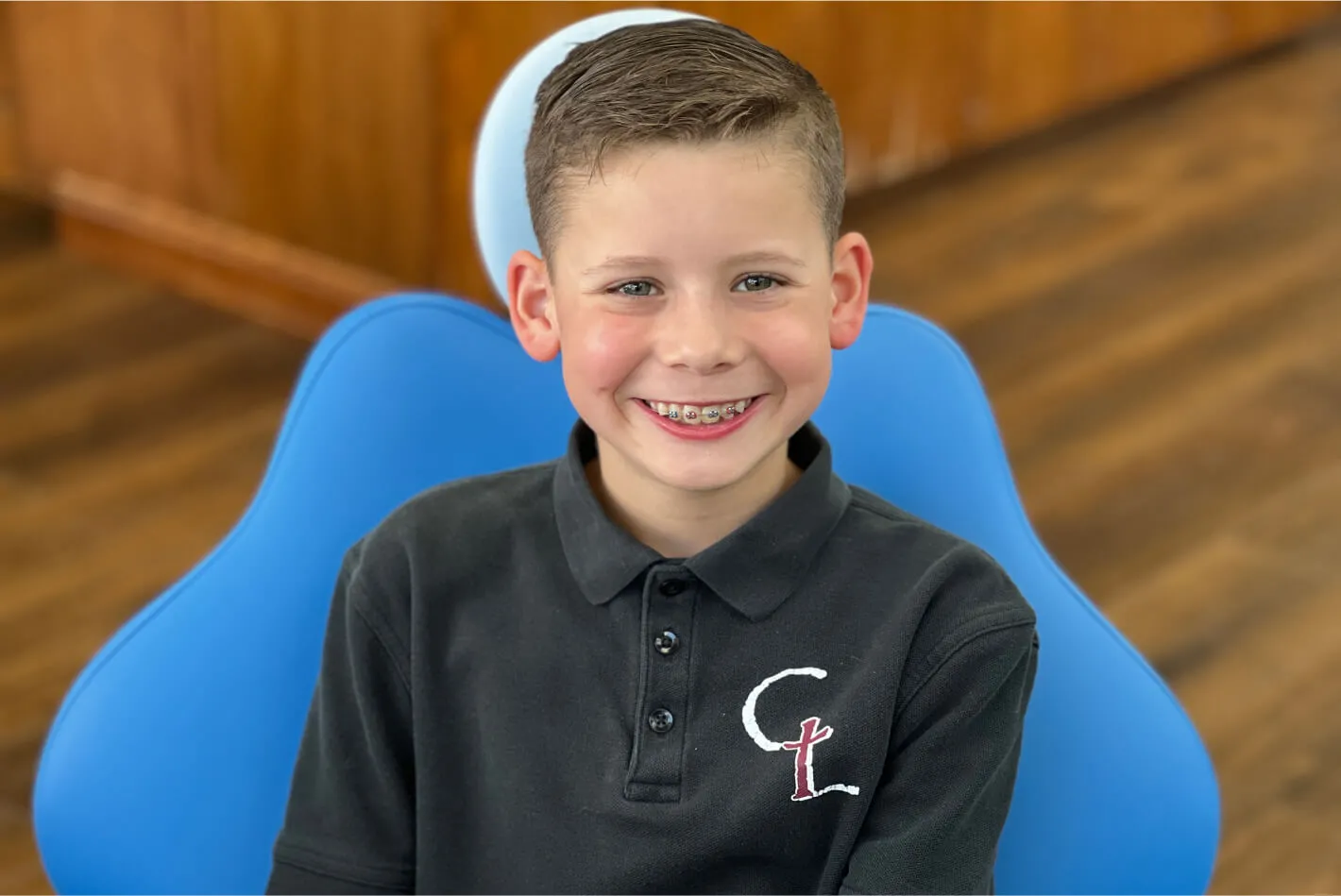When you think of orthodontics, you probably picture straight teeth and beautiful smiles. But did you know orthodontic treatment can also help address serious health concerns like sleep apnea and chronic snoring?
Sleep-disordered breathing doesn’t just affect your ability to get a good night’s rest—it can impact your energy, focus, and long-term health. Fortunately, orthodontic care can play a valuable role in diagnosing and managing some of these issues, especially when jaw or bite alignment is a contributing factor.
Let’s explore how orthodontics may help reduce snoring, improve breathing, and support better sleep health.
What Is Sleep Apnea?
Sleep apnea is a condition in which breathing repeatedly stops and starts during sleep. The most common type—obstructive sleep apnea (OSA)—occurs when the airway becomes blocked, usually due to the collapse of soft tissues in the throat.
Key symptoms may include:
- Loud, persistent snoring
- Gasping or choking during sleep
- Daytime fatigue or difficulty concentrating
- Morning headaches
- Irritability or mood changes
Left untreated, sleep apnea can increase the risk of high blood pressure, heart disease, diabetes, and other serious conditions.
How Orthodontics Can Help
Orthodontic treatment can help alleviate sleep apnea and snoring in cases where airway obstruction is linked to jaw or bite structure. When the jaws are misaligned or underdeveloped, they may contribute to a narrow airway—making it harder to breathe normally during sleep.
Orthodontic solutions may include:
Palatal Expanders (for Children)
In growing children, a palatal expander can widen the upper jaw, creating more space in the nasal and oral airway. This can significantly reduce airway resistance and improve nighttime breathing.
Jaw Alignment and Bite Correction
For both teens and adults, correcting a severe overbite, underbite, or crossbite can reposition the jaw in a way that opens the airway and reduces obstruction.
Orthodontic Appliances for Adults
In some cases, custom oral appliances can be used to gently reposition the lower jaw forward during sleep, preventing the airway from collapsing. These are often used in partnership with a sleep physician.
Orthodontists can also work closely with medical professionals to identify patients who may benefit from sleep studies or more advanced interventions.
Signs Orthodontic Evaluation May Be Helpful
If you or your child experiences frequent snoring, restless sleep, or symptoms of sleep apnea, an orthodontic evaluation may be worth considering—especially if structural issues like jaw misalignment or crowded teeth are present.
Other signs to watch for include:
- Mouth breathing, especially during sleep
- Narrow dental arches or visibly crowded teeth
- Clenching or grinding at night
- Frequent tossing and turning
A thorough orthodontic exam can identify whether the structure of the jaw and airway may be contributing to the problem.
Why Choose Potter Orthodontics for Airway-Focused Care?
At Potter Orthodontics, we take a comprehensive approach to orthodontic treatment—looking beyond straight teeth to assess the full picture of your oral and airway health. If we suspect your orthodontic concerns may be linked to sleep-disordered breathing, we’ll work with your healthcare provider to ensure a coordinated, effective care plan.
Our goal isn’t just a beautiful smile—it’s your overall health, confidence, and quality of life.
Better Sleep May Be Just a Consultation Away
If you or your child struggles with snoring or disrupted sleep, orthodontic care could be a valuable part of the solution. An expert evaluation can help determine if jaw alignment or airway issues are contributing factors—and what steps can be taken to improve both your smile and your sleep.
Schedule a consultation at Potter Orthodontics in Fullerton or Yorba Linda, CA to learn more about your options and take the first step toward better rest and overall wellness.


